Tata Avinya Launch In Trouble: We Explain Why
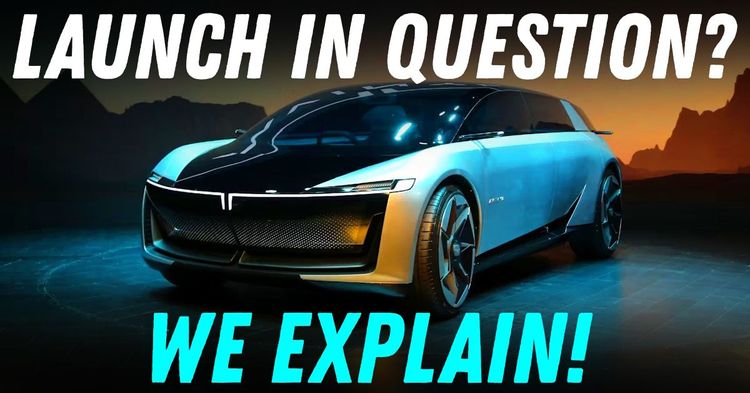

In a disappointing development, Jaguar Land Rover (JLR) has decided to cancel its plans to manufacture electric vehicles (EVs) in India, and the impact of this decision is not limited to JLR models alone. JLR had plans to collaborate with Tata Motors and contribute significantly to the development of the Avinya range. The new decision stems from the recent economic challenges that have made local production no longer feasible. This means that Avinya's development and launch could be delayed as it was known to draw heavily from JLR in terms of underpinnings.
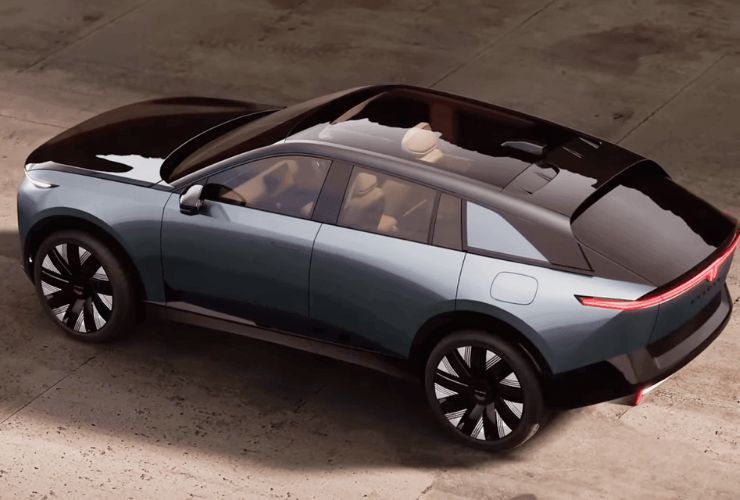
The original plan was to manufacture JLR EVs at Tata's factory in South India. This manufacturing facility, which is being built in Tamil Nadu, is projected to achieve a peak annual capacity of over 2,50,000 units within the next 5-7 years.
JLR had plans to manufacture 70,000 units annually, while Tata Motors would make 25,000, EVs.
JLR had plans to optimize the costs and supply chain efficiency by implementing increased localisation. It turns out that the carmaker was unable to find the right balance between price and quality for locally sourced EV parts- as confirmed by three people with knowlegde of the matter to Reuters. The decision shows the slowing demand for electric cars- says the report.
In November last year, JLR officials engaged in meetings and sessions with local suppliers in Mumbai and outlines its plans and discussed the feasibility of local sourcing. Suppliers were also asked to provide price quotes. Now, these seem to have been suspended, signalling a shift in the company's manufacturing approach.
"For India, all the work (on JLR electric vehicles) has stopped. Everything has been suspended since about two months," a supplier reportedly commented on the matter.
In the global scene, many carmakers are now facing stiff competition from Chinese manufacturers. The market winds are slowly shifting in favour of hybrids.
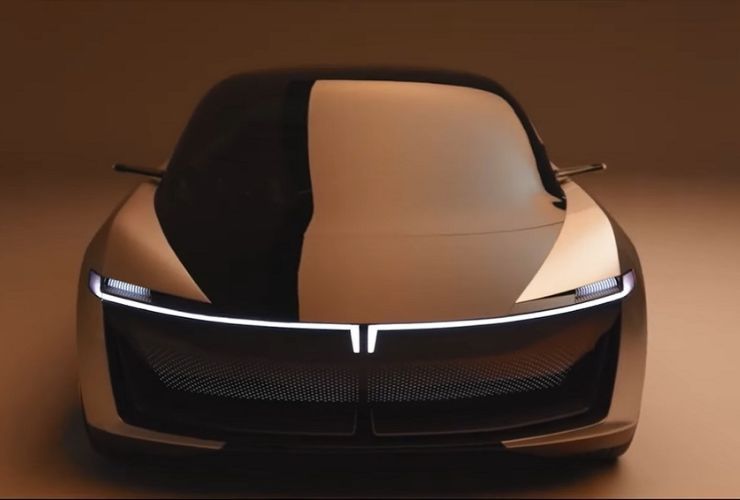
The Avinya range of electric vehicles will be underpinned by the same platform (or a close derivative) as the upcoming JLR electic vehicles- the EMA (Electrified Modular Architecture). Some components will also be jointly sourced. Since the economics of Tata Motors with JLR seems to have been unsettled, the Indian carmaker could try to rework its design accordingly. This, however, is a mere assumption for now.
The Avinya was initially known to be out this year. However, due to various reasons, it was pushed back to 2026-2027. The latest developments could bring about further delays. Tata Motors showcased a near-production version of the Avinya X at Bharat Mobility Expo 2025.
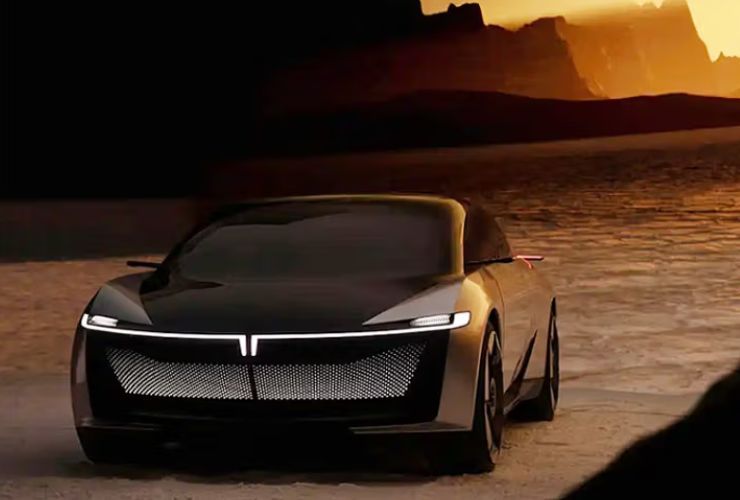
"As part of our rigorous product development process, we continuously evaluate key factors such as design, supply chain readiness, and unit economics to ensure a competitive and high-quality offering," said an official statement.
Shelving of JLR's localised EV manufacturing plans is indeed a setback for localised manufacturing dreams. Time remains before we get to find out the broader implications of this decision on the Avinya range and the EV sector at large.
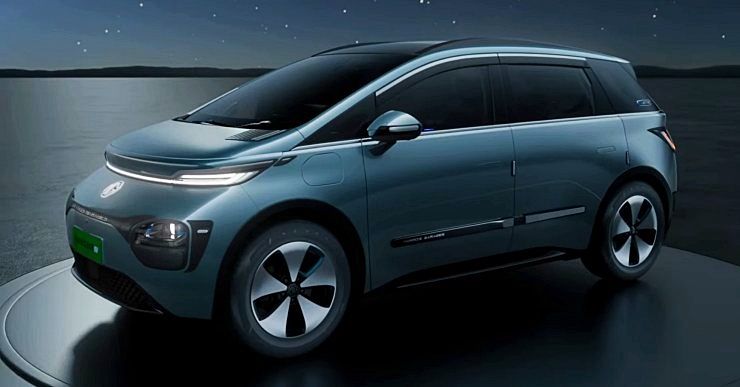
Tata Motors had the early bird benefits in the Indian EV space. It delivered the first hit in India's nascent EV market, and continues to enjoy a strong foothold and a wide portfolio even as we speak. In recent times, however, we have seen the carmaker face stiff competition from MG and Mahindra.
Tata Motors plans to tackle this by expanding its EV portfolio further. It will launch the new Harrier.EV, Sierra.EV and the Avinya range sometime in the future, expanding across various EV segments.